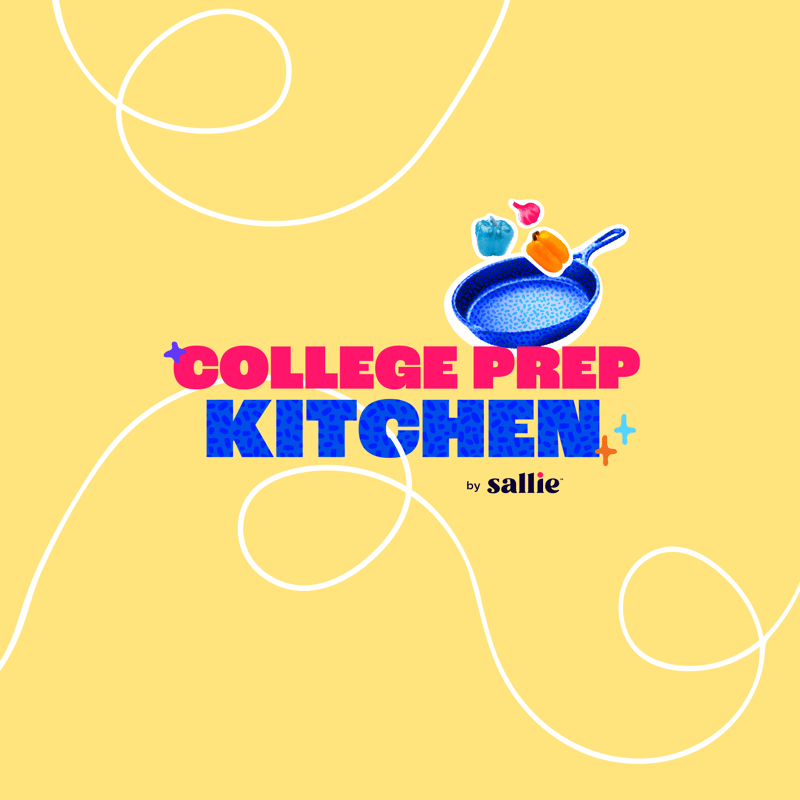-
Colleges
-
Graduate School
-
Scholarships
- $2,000 No Essay Scholarship Enter to win our no essay $2,000 college scholarship in 2 minutes or less.
- Scholly Scholarships Easily find and sort through thousands of college scholarships for free.
- Scholarships for High School Seniors Explore scholarships for high school seniors and get tips on how to apply.
- Scholly Easy Apply Scholarships Apply for up to $9,000 in scholarships each month with just one form.
- $5,000 Grad School No Essay Scholarship Enter to win our $5,000 no essay grad school scholarship in 2 min or less.
-
Financial aid
- Financial Aid Grants, work-study, and federal student loans can all be part of your financial aid package.
- FAFSA® Guide Learn how to answer the 2026-27 FAFSA® questions like a pro.
- Financial Aid Offers Compare financial aid offers to determine the most affordable schools for you and your family.
- College Grants Learn more about federal and state grants and how to apply.
- Federal Pell Grants Discover what a Pell Grant is, who is eligible, and how to apply.
- Financial Aid Resources Get expert guidance on maximizing your financial aid options to make education more affordable.
-
Pay for School
- Sallie Mae® Student Loans
- Private Student Loans Find a private student loan designed to fit your needs.
- Undergrad Student Loan For college students earning a bachelor's or associate's degree.
- Graduate Student Loans Choose the right loan for your graduate degree or post-graduate studies.
- Career Training Loan For students taking professional training or certificate courses.
- Student Loan Resources Everything you need to navigate student loans with confidence.
Back to Resources
5 things every family should know about paying for college
August 5, 2025
- 6 mins

Real talk: There’s a lot of confusion about how to pay for college—and it’s costing families real money. Our latest research report, How America Pays for College 2025, surveyed college students and parents of college students and asked, “How are you covering college costs?” Their answers? All kinds of ways. But spoiler alert: too many are missing out on free money because of common myths or simply not knowing what’s out there.
If college is in your future (or already happening), here are the biggest takeaways you need to know and why:
Early planning pays off
Nearly six in 10 (59%) families created a full plan to cover college costs before enrollment, which led most (93%) to feel confident in their financing decisions. But here’s the catch:
- Only 46% of families talked about the total cost for all years of college
- Just 38% looked at starting salary for jobs in their major
Why it matters: Long-term outcomes > short-term decisions. What’s your dream job? What kind of salary comes with it—and what will you owe after college? Starting those convos early helps you make smart choices now that set you up for success later. Not sure where to begin? Check out Scout College Search, our free college search tool, to compare colleges based on cost, career outcomes, and more.
FAFSA® opens October 1: Set. That. Reminder.
The FAFSA® is important. Like, really, really important. It’s your gateway to scholarships, grants, and federal financial aid. While you need to apply every year, here's good news: a majority (64%) of families say the new form is easier to complete. Still, nearly 30% of families skipped it. Top reasons why:
- 34% thought their family earned too much to qualify
- 15% lacked the necessary information
- 15% missed the deadline
Why it matters: Knowing the FAFSA® facts—like deadlines, what info you need, and how to fill it out—can help you avoid missing out on free money. And, pro tip: the earlier you apply, the better. Some aid is first-come, first-served. Start strong with this free FAFSA® guide.
Scholarships aren’t just for straight-A students or athletes
You don’t need to be valedictorian or a star athlete to get scholarships. (Say it louder for the people in the back!) That said, our research shows too many still believe:
- Scholarships are only for students with exceptional grades or abilities (46%)
- You can only apply before your freshman year of college (36%)
Why it matters: Ah, nope, and nope again. Scholarships exist for all kinds of students—different backgrounds, skills, and even hobbies. Tons are available through your school and beyond that. Also, YES—you can apply after freshman year and throughout your entire college journey! In fact, almost half of available scholarships are for students already in college. Start your search with Scholly Scholarships to find thousands of options that match your unique journey.
Borrowing is a common college funding strategy – but do it responsibly
While not every student or family borrows, if you do, borrow smart. Here’s what we learned:
- Nearly half (48%) of families borrowed to help pay for education, with federal loans as the most commonly used
- 59% said the availability of federal student loans has driven up college costs
- And 35% of borrowers said access to loans influenced them to consider more expensive schools
Why it matters: Taking out more than you need or picking a school just because loans are available can lead to unnecessary debt. Think: value—not just price. Start with free money first (grants, scholarships, work-study), cut costs where you can, and only borrow what you truly need to fill the gap. Want to borrow smarter? Here’s how.
You can appeal your financial aid offer
DYK you can literally go back and ask your school for more aid? Yep, it’s a thing:
- 31% of families who received a financial aid offer appealed for more aid
- Of those, 66% received additional aid
Why it matters: Not all financial aid offers are created equal—and they’re not always easy to understand. Some include loans, some don’t. Some leave out key info. That’s why it’s worth asking questions, comparing offers, and advocating for yourself. You might get more than you think. Here’s how financial aid works and how to make it work for you.
Bottom line: Let families’ hindsight be your foresight
Learn from what other families wish they’d done sooner. Don’t leave free money on the table. Make a plan (even if it changes) and use every tool available to make college more affordable.
Related articles
Enter to win a $2,000 scholarship
No essay | Apply in 2 minutes or less
No purchase necessary. Void where prohibited. Odds of winning depend on number of entries received. See Official Rules and Entry Periods on each scholarship page.
SLM Education Services, LLC does not provide, and these materials are not meant to convey, financial, tax, or legal advice. Consult your own financial advisor, tax advisor, or attorney about your specific circumstances.
External links and third-party references are provided for informational purposes only. SLM Education Services, LLC cannot guarantee the accuracy of the information provided by any third parties and assumes no responsibility for any errors or omissions contained therein. Any copyrights, trademarks, and/or service marks used in these materials are the property of their respective owners.


